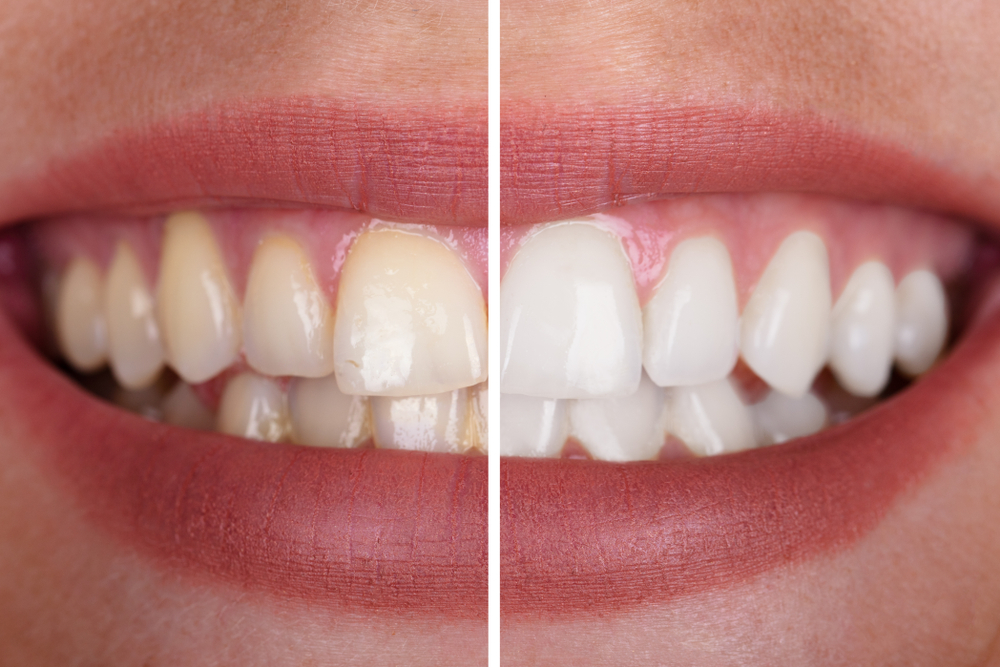Dental fear is a reality that many people face. While some may never have serious dental issues, for many being comfortable at the dental office is key to having necessary dental treatment completed. Often for these patients sedation dentistry is an incredibly valuable tool to help them gain access to quality dental care in a setting that best suits them. Dentists use sedation dentistry by administering medication to help people relax during dental procedures. There are several types of sedation with levels beginning with patients inhaling nitrous gas or taking a pill for conscious sedation. A dentist might also use IV sedation (capable of being continuously adjusted by the provider), or sedate a patient to the complete unconsciousness level of general anesthesia.
Options
The broad range of options can make care accessible for the extremely anxious dental patient. A dentist providing sedation can even help patients with special needs receive the excellent dental care they deserve. In most situations sedation dentistry is most appropriate for those patients who have large amounts of treatment. It may also be used for people with extreme tooth sensitivity or physical issues which make sitting still in a dental chair difficult. Sedation can also be helpful to some patients who have trouble getting numb or experience extreme dental fear. If you would like to find out if you are a good candidate for sedation dentistry, it is a good idea to consult with a trusted dental professional.
Related Post: Common Misconceptions About Sedation Dentistry
What Are The Different Types Of Sedation?
For those who are good candidates for sedation dentistry there are different levels of sedation available. A dental professional will use conscious sedation for a patient (inhaled or prescription pill form of sedation) to a minimally suppress the level of consciousness. This will leave a patient able to breathe on their own as well as capable of giving responses to verbal and physical stimulation. Minimal Sedation involves patients taking an oral sedative that only minimally lowers their consciousness level. This also allows patients to keep breathing on their own, while allowing them to give normal responses to verbal and physical stimulants. Your dentist may even choose to perform IV sedation (often done under the supervision of an anesthesiologist.) Patients who have had IV sedation may not remember the procedure. With full anesthesia, the dentist will typically provide care with in a surgical or hospital setting.
Related Post: Benefits Of Sedation Dentistry
Is Sedation Right For Me?
The many forms of sedation dentistry make getting comfortable treatment more accessible than ever, and while sedation dentistry is not appropriate for everyone, it can make dentistry possible for some who may otherwise be unable to receive needed dental care. To help ensure that you choose the best sedation procedure for you, it is highly important that you are forthcoming with your health history. You should also make sure you choose a knowledgeable provider, and ask your dentist about any potential risks involved. With several sedation options available, it has never been easier for patients (even for those suffering from extreme dental-related anxiety) to receive necessary dental care! In order to find out if sedation dentistry could be right for you, please feel free to contact us today at 417-887-1220. You can also find out more about sedation dentistry by visiting the American Dental Society of Anesthesiology.





